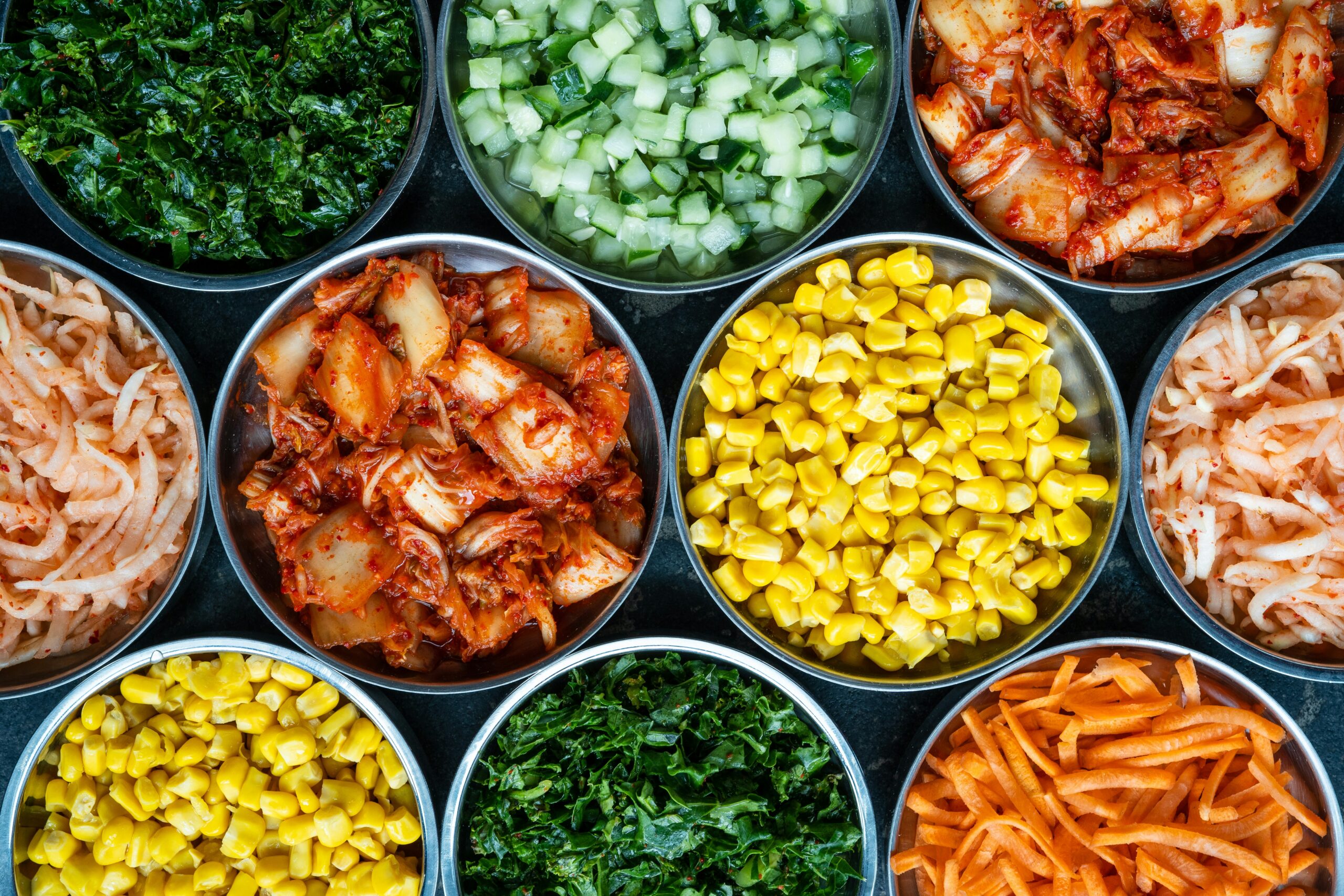
Food is an essential part of life, a common thread that runs through cultures, communities, and families worldwide. It has the remarkable ability to bring people together, transcending language, borders, and differences. At the heart of the human experience, food serves as a connector, an essential element of celebration, tradition, and even healing. Whether it’s sharing a meal with loved ones or breaking bread with strangers, food carries meaning beyond its taste, offering a language that unites us all.
The Role of Food in Cultural Exchange
Throughout history, food has been a powerful medium for cultural exchange. When people from different parts of the world meet, one of the first ways they connect is through food. For example, the fusion of culinary traditions from Africa, Europe, and the Americas has shaped the cuisine of the Caribbean. Similarly, in the United States, diverse culinary influences from Italian, Mexican, Chinese, and other cultures have created a vibrant food scene. This exchange is not just about tasting new ingredients or flavors but about sharing stories, traditions, and values.
Food is often used as a means of connection in multicultural societies. Festivals, markets, and even street food vendors offer opportunities to experience and appreciate the richness of various cultures. This shared experience fosters understanding and respect, making food a gateway to breaking down cultural barriers. In this way, the language of food speaks louder than words ever could, uniting people from every walk of life.
The Symbolism of Sharing Meals
There is a profound symbolism in sharing meals. Whether it’s a family dinner, a wedding feast, or a casual gathering with friends, sharing food creates a sense of community and belonging. The act of gathering around a table enables people to connect on a deeper level. It is an opportunity to engage in conversation, exchange ideas, and celebrate life’s milestones. The shared experience of eating strengthens relationships and builds bonds that go beyond the physical space between individuals.
In many cultures, meals are not just about nourishment—they represent love, care, and hospitality. The time and effort spent preparing and sharing food are often seen as an expression of affection. From the Italian “La Dolce Vita” to the traditional Japanese tea ceremonies, food becomes a vehicle for connecting with others, transcending the ordinary act of eating. These shared moments create memories that last far longer than the food itself, leaving lasting impressions on the hearts and minds of those involved.
Food as a Healer and Comforter
Beyond its role in uniting people, food is also a source of healing and comfort. Many people turn to food for emotional support during times of stress or grief. Whether it’s a bowl of warm soup when you’re feeling under the weather or a comforting dessert during a tough time, food has the power to soothe the soul. The psychological comfort we find in familiar meals is a testament to how deeply food is ingrained in our emotional well-being.
This comforting power of food is often tied to memories. Certain dishes evoke memories of childhood, family traditions, or significant life events. For example, a grandmother’s recipe passed down through generations can evoke powerful feelings of connection to the past. Food can also provide a sense of stability and continuity, especially during uncertain or challenging times. It reminds us that, even in the face of adversity, there is comfort in the rituals of cooking, sharing, and enjoying a meal together.
Global Movements and the Power of Food Activism
In recent years, food has also become a platform for activism and global movements. From the fight against food insecurity to the push for sustainable eating practices, food plays a significant role in shaping the future of our planet. Movements like farm-to-table and locally sourced ingredients have gained momentum as people become more conscious of the environmental and ethical implications of their food choices. This growing awareness has led to a shift in how we think about food, not just as a means of survival but as a tool for creating positive change.
Moreover, food activism often brings communities together for a common cause. Whether it’s advocating for fair trade, reducing food waste, or supporting small farmers, food becomes a rallying point for collective action. Making conscious food choices is not only about personal health but also about creating a more equitable and sustainable world for future generations.
The Joy of Culinary Discovery
There is an undeniable joy in discovering new foods and flavors. Whether you’re trying a new cuisine on vacation or experimenting with a new recipe at home, the excitement of culinary discovery is universal. It’s a joy that brings people together, even across vast distances. The internet and social media have played a pivotal role in this global food discovery, enabling people to share recipes, cooking tips, and food experiences from every corner of the world.
This joy of culinary discovery is not just about tasting something new but about broadening one’s horizons and learning about the cultures and traditions that shape these dishes. It allows individuals to experience the world in a way that is both accessible and relatable. And it is through these experiences that food continues to serve as a language that speaks to our shared humanity.